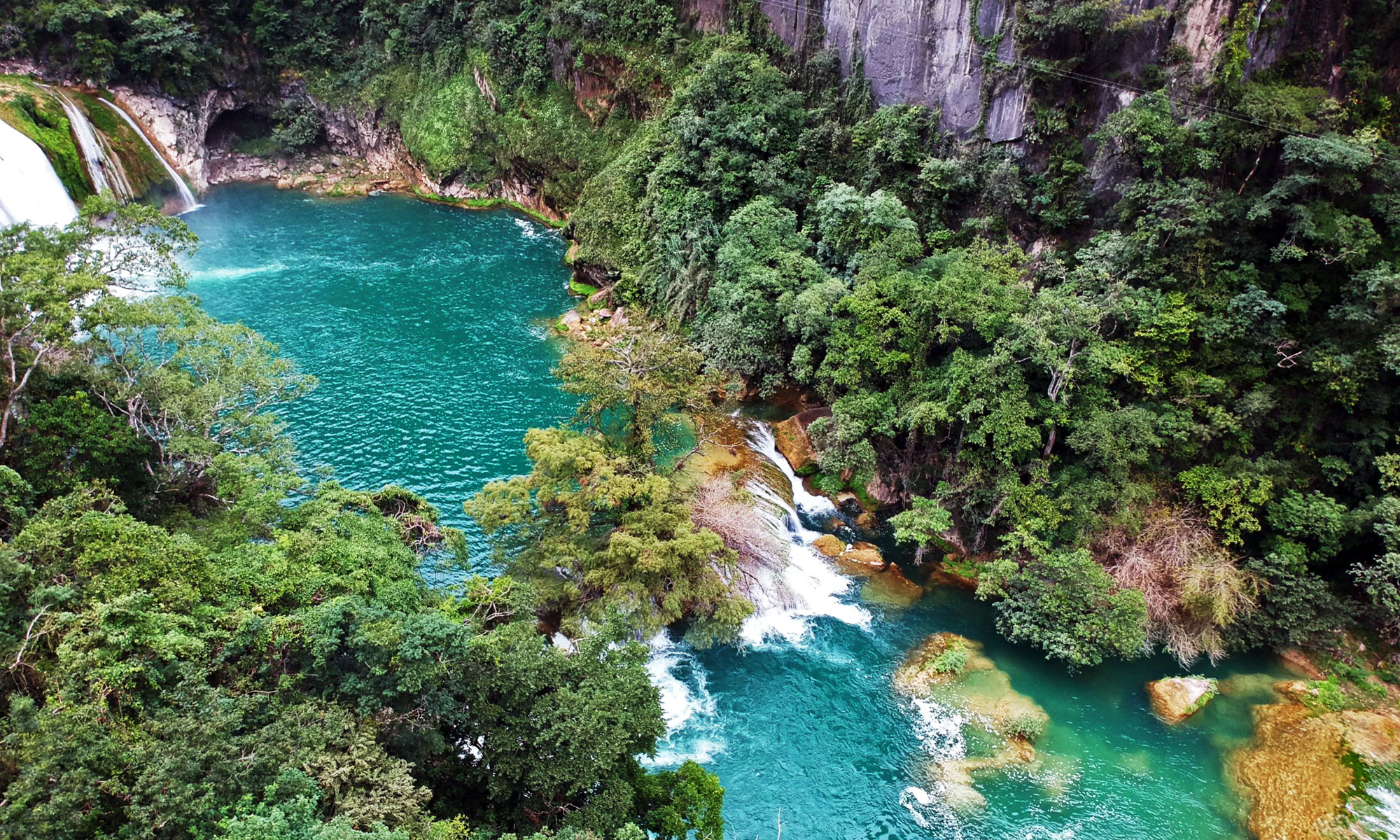
6 January 1808 – 4 April 1864
Born: Boston, Massachusetts.
Died: Died in battle in Louisiana.
Occupation: Sea Captain, Conchologist. Conchologist of the Scientific Corps of the U.S. Exploring Expedition, 1838-39. Lt. in the U.S. Navy (Union), 1861-64.
Education: Entered the Boston Latin School in 1820.
Research Interests:
Remarks: Couthouy applied to President Andrew Jackson for a position on the scientific Corps of the Scientific Corps of the U.S. Exploring Expedition. President Jackson said that all positions were filled, to which Coutyouy replied “Well General, I’ll be hanged if I don’t go, if I have to go before the mast!” The President replyed “Go back to Boston and I will see if anything can be done for you.” A few days later his commission was received. He sailed with the expedition on 18 August 1838, but was returned home from Honolulu by Admiral Wilkes for “disobedience of orders.” Although he meticulously labeled all of his specimens from the expedition Dall recounts how “The authorities in Washington had appointed a reverened gentleman who knew nothing of science, with a fat salary, to unpack and take care of the specimens sent home by the expedition.” This gentleman, then separated the specimens from the tags thus rendering many of them useless. Couthouy returned to Washington and tried to work up what he could of the collection and was then informed “to crown all of his misfortunes” that his pay was to be reduced by fourty-four percent. He then returned to his profession as a master in the mercantile marine, visiting South America and the Pacific. In 1854 he took command of an expedition to the Bay of Cumana, where he spent three unsuccessful years in search of the wreck of a Spanish treasure ship, the San Pedro, lost there in the early part of the century.
In the U.S. Cival Way, Couthouy was ordered to command the U.S.S. Columbia on 31 December 1862, which was wrecked, and Couthouy made prisoner. He later commanded the Osage and finally the U.S. Steamer Chillicothe where on the 3rd of April 1864, while off Grand Ecore, Louisiana, he was shot during an ambush and died the following day.
A good linguist he spoke fluent Spanish, French, Italian, and Portuguese and had mastered several dialects used in the Pacific Islands. The drawing above was in the words of Dall “in default of a better, derived from an unsatisfactory photograph, the only thing available, taken between 1861 and 1863, and kindly lent to the writer by a surviving relative.”
Married Mary Greenwood Wild, 9 March 1832.
Data from: Abbott, R.T., and M.E. Young (eds.). 1973. American Malacologists: A national register of professional and amateur malacologists and private shell collectors and biographies of early American mollusk workers born between 1618 and 1900. American Malacologists, Falls Church, Virginia. Consolidated/Drake Press, Philadelphia. 494 pp.
Other References: Dall, W.H. 1888. Some American conchologists. Proceedings of the Biological Society of Washington 4:95-134.
Johnson, R.I. 1946. Occasional Papers on Mollusks, Museum of Comparative Zoology, Harvard University 1(5):33-40.

